Resources
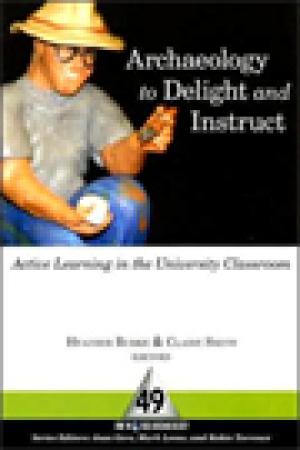
This book presents novel and interesting ways of teaching archaeological concepts and processes to college and university students. Seeking alternatives to the formal lecture format, the various contributions seek better ways of communicating the complexities of human behavior and of engaging students in active learning about the past. This collection of imaginative exercises designed by 20 master instructors on three continents includes role-playing, games, simulations, activities, and performance, all designed to teach archaeological ideas in interesting and engaging ways. Sponsored by the World Archaeological Congress. (From the Publisher)
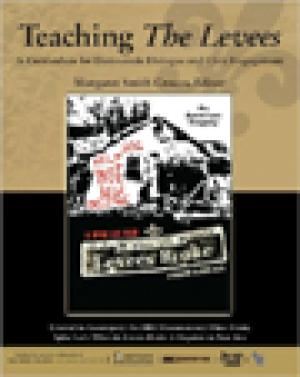
Abstract: One powerful response to the disaster of Hurricane Katrina was the Peabody Award-winning HBO documentary film event, When the Levees Broke: A Requiem in Four Acts, by Spike Lee. Now, through the generosity of the Rockefeller foundaiton, faculty and staff at Teachers College, Columbia University have created this compelling curriculum guide, based on the documentary and for use in high schools, colleges and community groups. In September 2007, through a generous collaboration between The Rockefeller Foundation, Teachers College, and HBO, 30,000 copies of a new curriculum package addressing the issues of citizenship, race, class and poverty raised in the aftermath of Katrina were distributed to school, college and community educators. The package included a copy of Spike Lee and HBO's epic documentary, 'When the Levees Broke: A Requiem in Four Acts,' as well as the highly acclaimed multidisciplinary curriculum guide, Teaching The Levees. Due to the continued immense demand for this resource, the accompanying curriculum guide is now available for purchase. Teaching The Levees, developed by faculty at Teachers College, Columbia University, includes chapters on history, media literacy, civics, economics and geography. (From the Publisher)
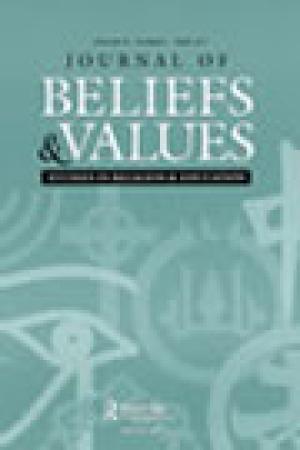
Journal Issue.
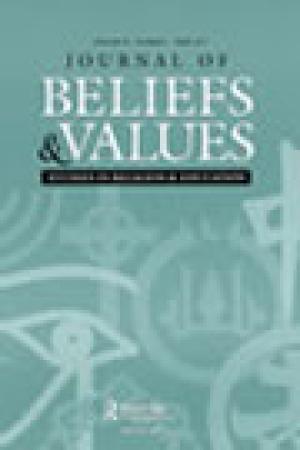
Journal Issue.
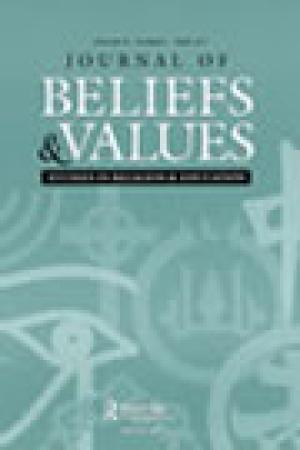
Journal Issue.
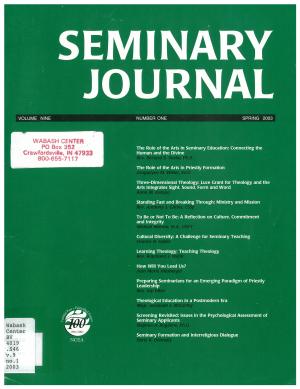
Journal Issue.
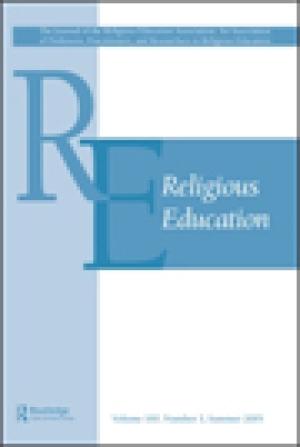
Journal Issue.
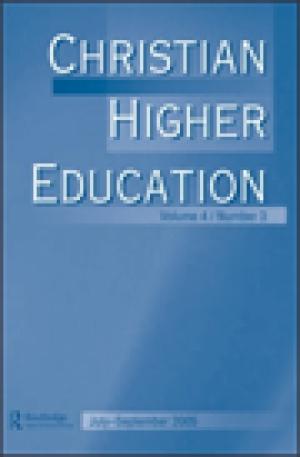
Journal Issue.
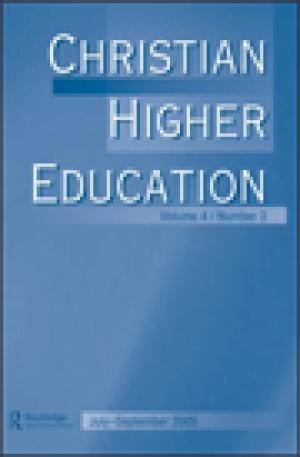
Journal Issue.